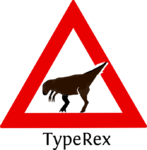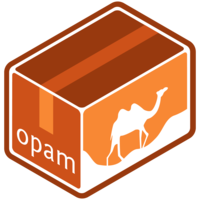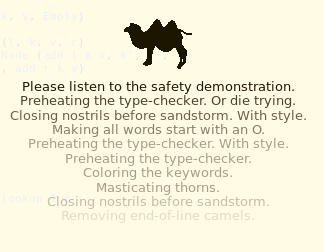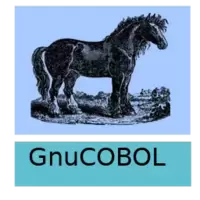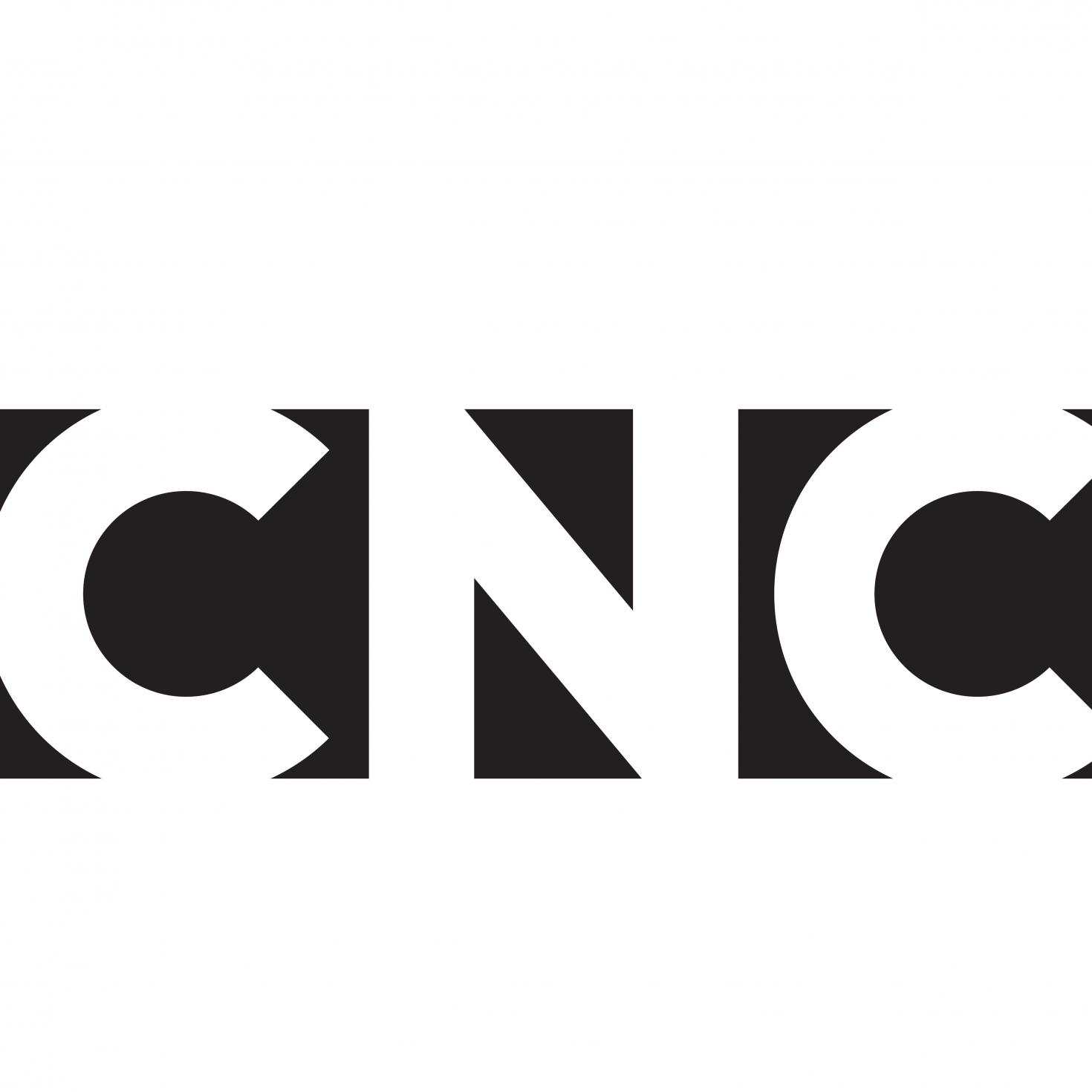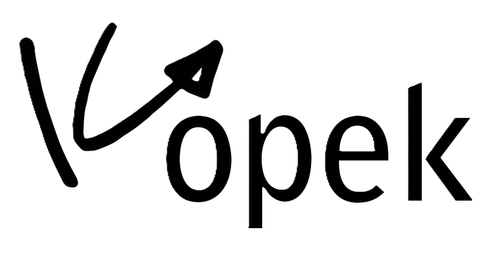Our story
Take a moment to go over our past contributions and achievements over the years. This timeline gives an overview of the key events that made OCamlPro, in a format that is amazing to reconnect with our history and to take stock in our accomplishments. Let’s celebrate this exciting journey!
2011
- April 1, 2011
- OCamlPro is founded
- OCamlPro is founded to help spread the OCaml language in the industry.
Fabrice le Fessant, a researcher and member of the French Inria Institute, founds OCamlPro to boost the development of OCaml and promote it in the industry.
- May 1, 2011
- Long-term collaboration with Jane Street on OCaml tooling
- Jane Street supports the diffusion of OCaml, and becomes OCamlPro's most important client.
- February 28, 2012
- OCamlPro contributes Open Source developer tools under the codename TypeRex!
- The TypeRex programming studio is a set of open source tools for developing applications in OCaml.
- March 1, 2013
- First official release of OPAM 1.0
- The OCaml Package Manager is officially released as OPAM 1.0.
- December 1, 2014
- Release of the Flambda optimizing compiler
- The first Flambda is proposed into OCaml by Pierre Chambart and Mark Shinwell in PR #132 - work funded by Jane Street.
- July 1, 2015
- Paris 7 appoints OCamlPro to implement the exercise platform of the OCaml MOOC on France Université Numérique
- OCamlPro implements the first version of the exercise autocorrecting platform of the OCaml MOOC on FUN for Paris 7, based on TryOCaml, integrates to the OpenEDX/FUN and designs some of the exercices of the course, in collaboration with Roberto Di Cosmo and Yann-Régis Gianas (Irill).
- November 1, 2016
- Alt-Ergo 1.30 release with experimental support for model generation
- Alt-Ergo is an automatic prover of mathematical formulas used behind software verification tools such as Frama-C, SPARK, Why3, Atelier-B and Caveat.
- 2017
- OCamlPro successfully implements the Tezos crowdfunding platform
- OCamlPro delivers Tezos and its crowdfunding platform, complete with the TZscan and Liquidity tools.
- April 1, 2018
- OCamlPro supports Inria's Ocaml Software Foundation creation
- The OCaml Software Foundation is born at Inria!
- May 27, 2019
- New Company Origin Labs is created to launch and maintain the Dune Network
- The Blockchain team at OCamlPro look for new opportunities for their expertise and create a new company.
- February 14, 2020
- Alt-Ergo Users' Club: MERCE (Mitsubishi Electric Research Centre in Europe) and Why3 join the Club
- The second annual meeting of the Alt-Ergo Users' Club was held in mid-February. These meetings are the perfect place to review each partner's needs regarding Alt-Ergo, discuss the roadmap for future Alt-Ergo developments and enhancements.
- July, 2021
- OCamlPro begins the production implementation of the Mlang compiler at DGFiP
- Mlang is a compiler developed by Denis Mérigoux of Inria for M, the language created by DGFiP to design the reference calculator for income tax.
- February, 2022
- OCamlPro begins the development of a GCOS dialect in GnuCOBOL
- OCamlPro assists DGFiP in migrating its COBOL legacy from GCOS mainframes to Linux servers by extending the GnuCOBOL compiler to directly support GCOS-specific COBOL extensions.
- January, 2023
- OCamlPro is selected by the CNC to develop the Niagara language
- As part of its "Transparence" initiative, the French National Centre for Cinema (CNC) has selected the Niagara project, which aims to develop a language for calculating revenues by film producers.
- January, 2024
- Launch of the RAPID Autocouv project for the development of an automatic unit test generator
- This project, in collaboration with Thales, aims to develop SeaCoral, an automatic unit test generator for C codebases, based on Frama-C and the orchestration of multiple symbolic execution tools.
- March, 2024
- Release of the first version of SuperBOL Studio for VSCode
- As part of its efforts to promote the GnuCOBOL compiler, the OCamlPro team has developed a modern COBOL editor in the form of the SuperBOL Studio extension for VSCode, built on top of our full-featured COBOL Language Server Protocol (LSP).
- June, 2024
- Launch of the Rust Paris 2024 Conference
- OCamlPro took part in organizing the first French conference dedicated to the Rust programming language, held within the Open Source Hub of the Systematic Paris Region cluster. The event, focused on company feedback and real-world use cases of Rust, was a great success.
- July, 2024
- Creation of the Kopek spin-off to commercialize Niagara
- Following the CNC-funded Niagara project, OCamlPro partnered with Antoine Devulder and Denis Mérigoux to create the startup Kopek, which provides a complete environment for simulating and calculating revenues for film producers.
- Novembre, 2024
- Léo Andrès defends his PhD thesis on extending WebAssembly with a garbage collector
- Léo Andrès’s thesis focused on extending WebAssembly with a garbage collector to enable the efficient execution of languages like OCaml. It led to the development of the OWI platform, which, among other features, supports symbolic execution of WebAssembly code, and received multiple grants from NLnet.
You can create your own timeline here.
Services we have been delivering since 2012:

